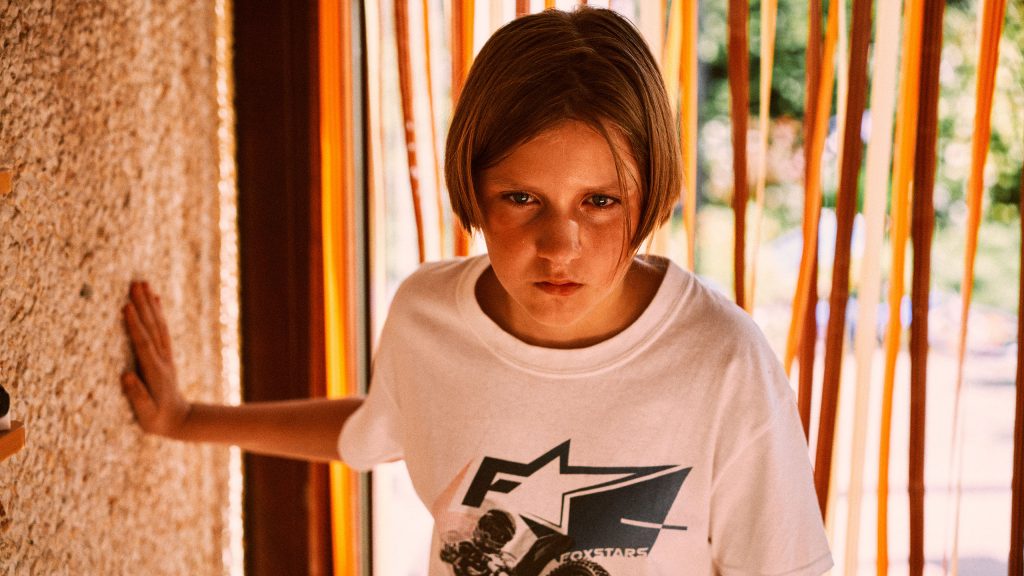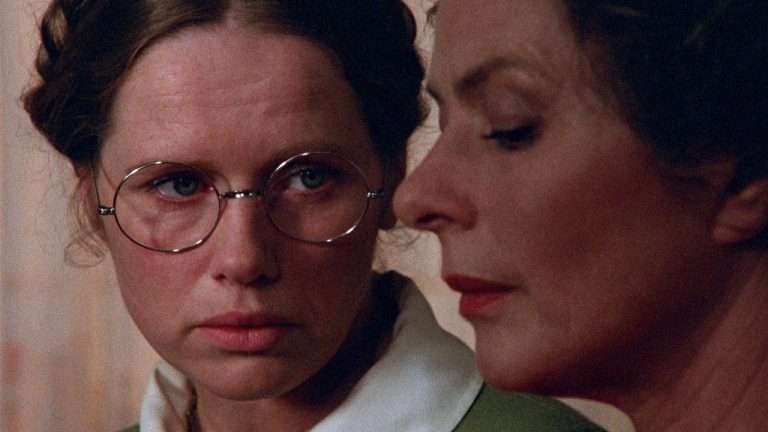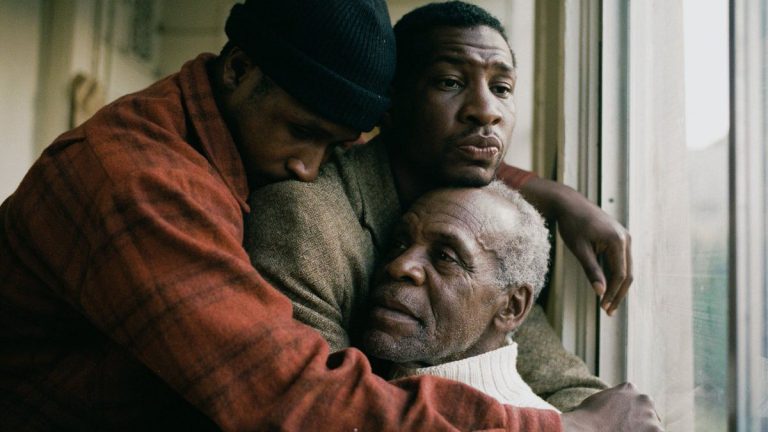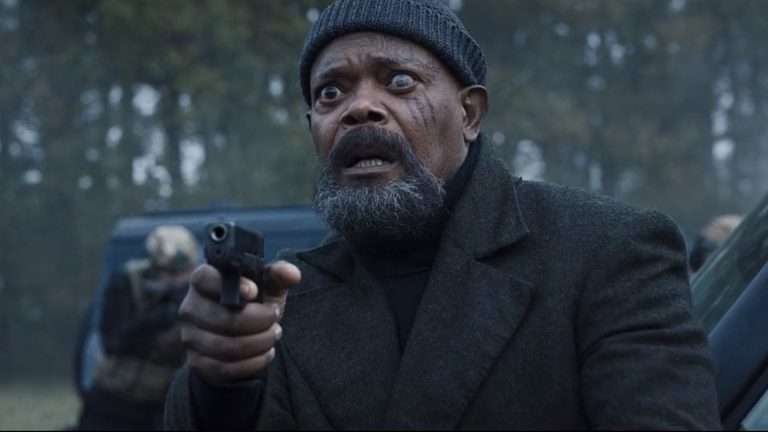When It Melts (2023): ‘Sundance’ Review – In Belgian actress and filmmaker Veerle Baetens’ directorial debut, When It Melts, trauma festers like an untreated wound. A poignant adaptation of The Melting by Lize Spit, When It Melts paints an unflinchingly honest portrait of childhood trauma and its iron grip on adult existence. The film’s emotional center, Eva (Charlotte De Bruyne), does her utmost best to navigate the turgid waters of life but is left to feel painfully alone in the process.
A combination of factors triggers this renewed sense of emptiness — her sister, Tess (Femke Van der Steen), is moving out, and she hasn’t spoken to her neglectful parents in years. The act of Tess moving away acts as a catalyst for what occurs next: an already on-edge Eva gets a notification about the memorial of the long-passed Jan, whose brother Tim used to be best friends with Eva. Every sense of stability comes crashing down.
Simmering with unspoken anger and acute loneliness, Eva decides to head to her hometown (where Jan’s memorial is being held) with a giant block of ice. She also brings along Tess’ pet turtle, Molly, who is seen waddling around in the shallow water of the glass box.
During her journey there, childhood memories hit Eva like waves: a flashback to a seemingly-idyllic summer where Eva spent time with her childhood friends Tim and Laurens. Inseparable to the point that the trio calls themselves The Three Musketeers, Eva, Tim, and Laurens laze around in the sun and go swimming often. However, all is not well in paradise.
Baetens unravels Eva’s trajectory with great care to the little details, interspersing the past and the present to weave a comprehensive whole. Eva’s home life, which seems picture-perfect at first glance, is quickly punctuated by a dinner table fight between her parents. Her alcoholic mother, who drowns herself in liquor to numb her emotions, treats her two daughters differently — while she dotes on Tess when not passed out drunk, Eva becomes the target of wilful neglect and condescension.
Eva’s father remains mostly absent throughout, seen and heard only in relation to the bitter screaming matches with his wife. Both parents fail to grant love or security to an adolescent, Eva, who feels uncared for and is forced to take a more protective approach towards her younger sister.

The cruelty of the world feels especially pronounced when you’re a sensitive child with no emotional cushions to protect you. The rite of passage generally associated with the transition into adulthood can be an especially harrowing one, where children and adults alike partake in horrific acts to justify their own cruelty.
Eva’s adolescent feelings for Tim hurl her into a pit of self-doubt and insecurity, exacerbated by the casual cruelty of the boys who undermine her in different ways. While the boys explore their sexuality in increasingly unhealthy ways, Eva is pushed to the periphery, as she suddenly does not fit into the prepubescent haze of male sexuality (inescapably tinted with misogyny). Determined to be welcomed once again, Eva becomes an accomplice to their sex games — a variation of strip poker where young girls remove an article of clothing with every wrong guess to Eva’s riddle.
Eva’s riddle is Chekov’s gun that goes off towards the end, around the time adult Eva returns to her hometown to confront her past. Ghosts from the past come to haunt her, and she needs to creep and crouch around her own childhood home like a specter who is unwelcome in a certain space. Eva’s presence disturbs some people, as she is an active reminder of their inhumanity and guilt-ridden conscience. She is a mirror to their ugliness, which has been carelessly shoved under the carpet for years, with Eva having to bear the brunt of this unbearable burden.
The dual performances of De Bruyne and Rosa Marchant (who plays a young Eva) are painfully perfect, as they succeed in capturing the fractured complexity of growing up with trauma and being forced to live with it. The ending is a gut punch, tying together the layered metaphors of the title and the symbolism of water, which both nourishes and annihilates.
“A man is found in a room with a noose around his neck, hanging over a puddle of water, dead. There’s nothing in the room but him, the rope, and the water. No windows, no furniture. So the question is, what happened? How exactly did the man die?”
Everything hinges on this morbid riddle, which heartbreakingly comes to define Eva’s journey, and the inevitability of what happens in the end. When the ice melts, the past and the present meet, not violently, but in a bittersweet embrace.



![Sing Street [2016]: Finding the voice!](https://79468c92.delivery.rocketcdn.me/wp-content/uploads/2016/07/SING-STREET-768x419.jpg)




